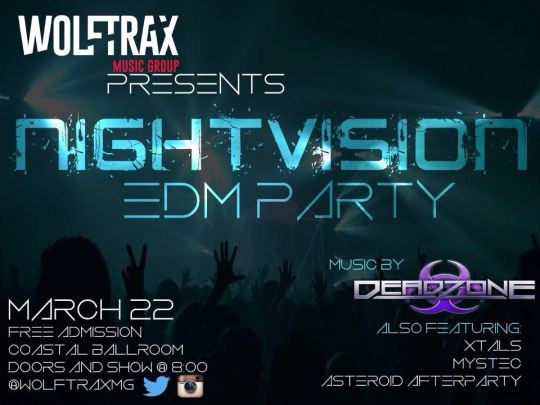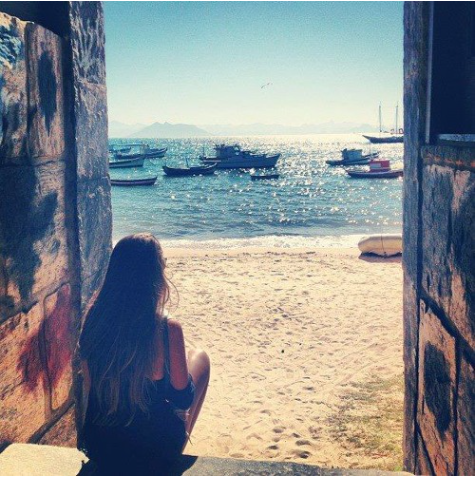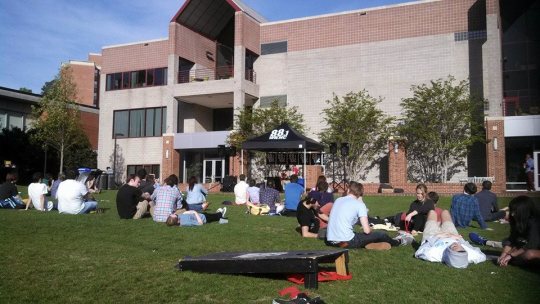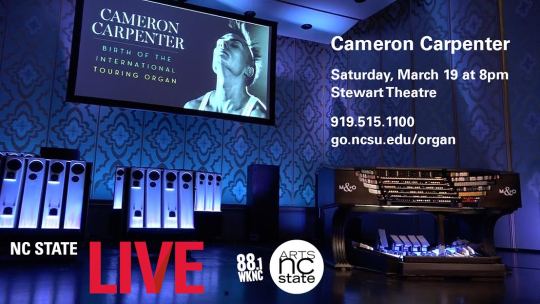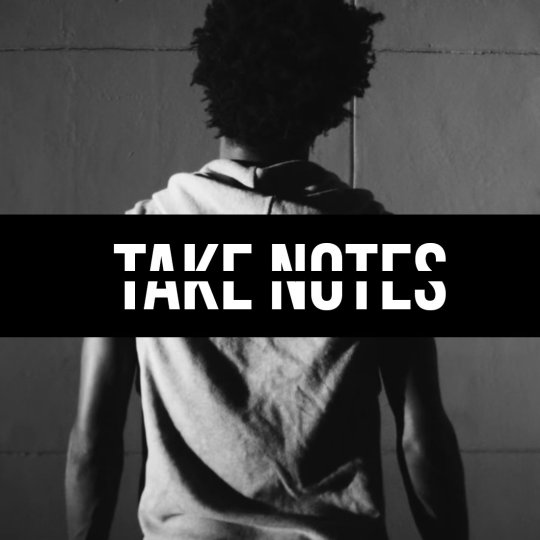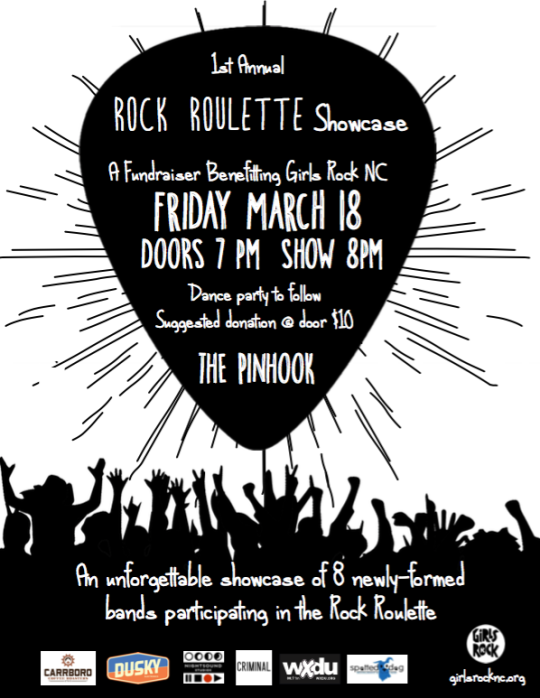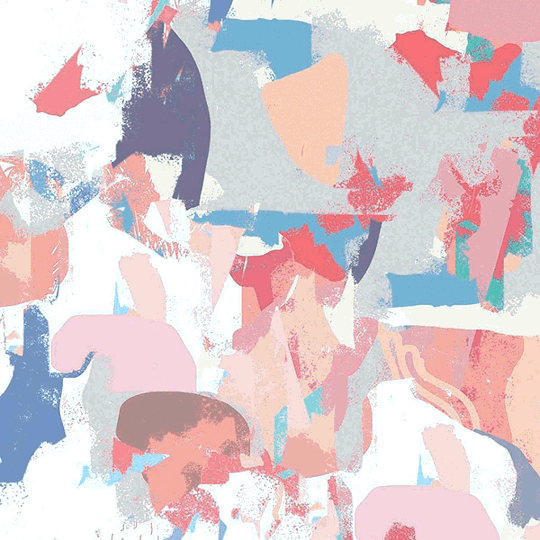Iconic Hip-Hop label, Mass Appeal, held a showcase headlined by Nas on Thursday night at the Austin Music Hall, named after his debut guest feature, Live at the Barbecue. The showcase honored Golden Era Hip-Hop with opening performances by Smif N’ Wessun, Buckshot Shorty, and Freeway; as well as a special dedication to the late rhyme legend Sean Price.
Hype was generated for the event via DJ Khaled, who took to his notorious Snapchat account to let everyone know he was on his way to show some “fan luv” to the festival goers at SXSW. DJ Khaled’s list of famous friends is deeper (and cooler) than Jaden Smith’s raps, so it was a no-brainer that the WTB mastermind would be a ‘major key’to this event.
Khaled did not disappoint. He took the stage in front of an at-capacity audience that lost their minds at his presence. Then the surprises started. One by one, Khaled brought out super stars of the past and present.
First there was Wyclef, who sang his verses for Ready or Not and Fu-gee-la. Then the Texas legend Bun B, who sent the crowd into hysterics with his verses from Big Pimpin and International Player’s Ball. Then 2 Chainz came out to please the crowd.
All of the fanfare was a perfect way to usher in the performance of a legend like Nas, who took to the stage with his mythical hit, New York State of Mind. Nasty kept it classy with the classics, going through Hate Me Now, Made U Look, and the showcase’s namesake, Live at the Barbecue, joined by Large Professor.
This was a Hip-Hop head’s showcase. The most modern rapper on stage was 2 Chainz. But you can’t go wrong with classics no matter the demographic. This kind of sticking-to-the-classics approach is something that Mass Appeal excels at as a company. They stick to what they know, and they know Golden Era Hip-Hop, which made Live at the Barbecue a memorable event for anyone who just loves the culture.
– DJ Iron Mic

